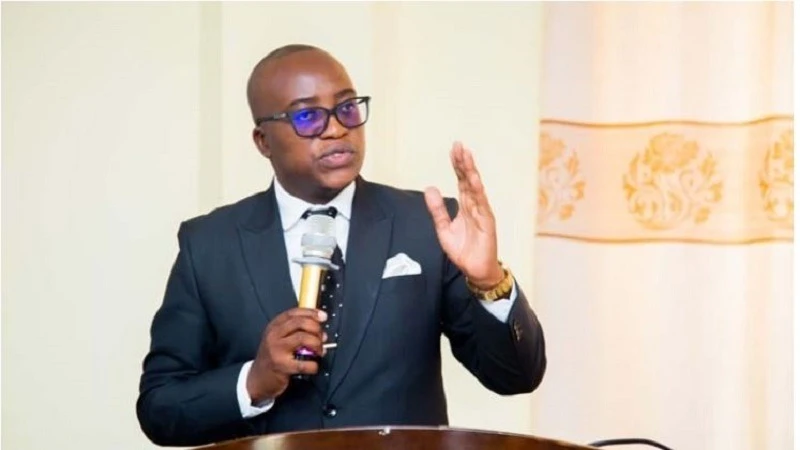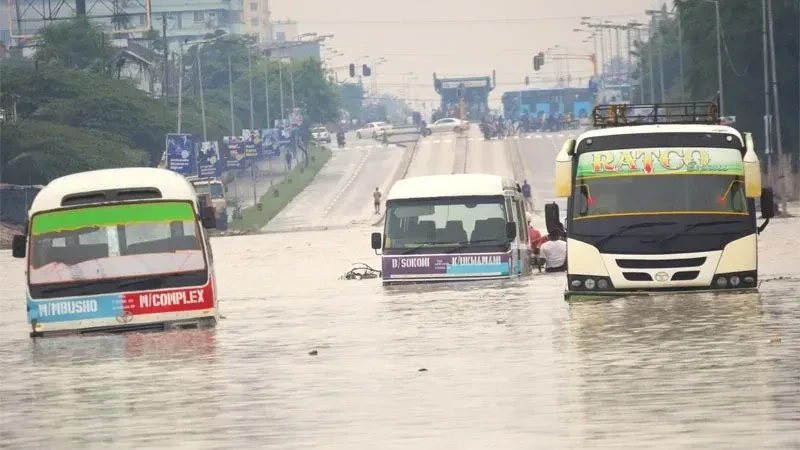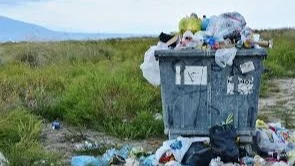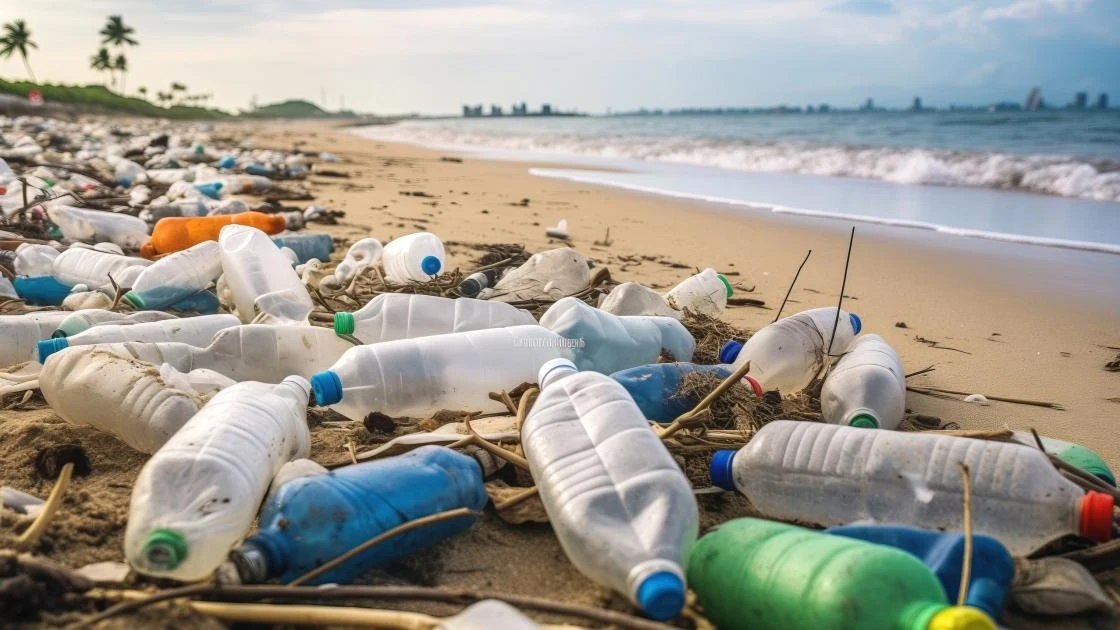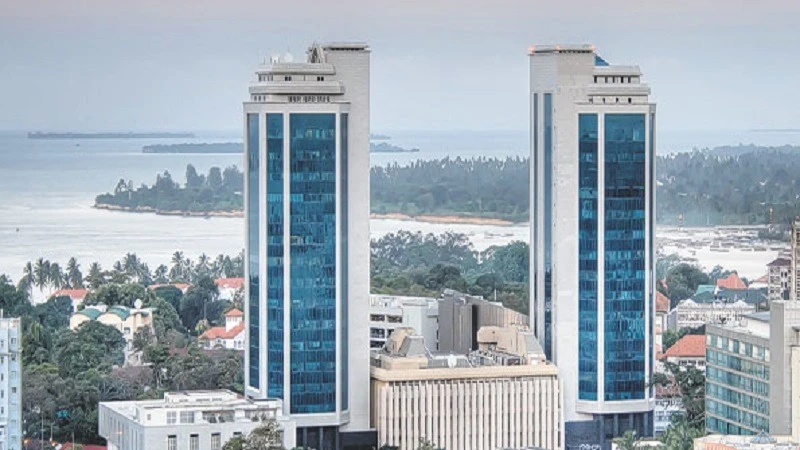Samia, Mwinyi can solve investor woes on 15 leased islets’ projects
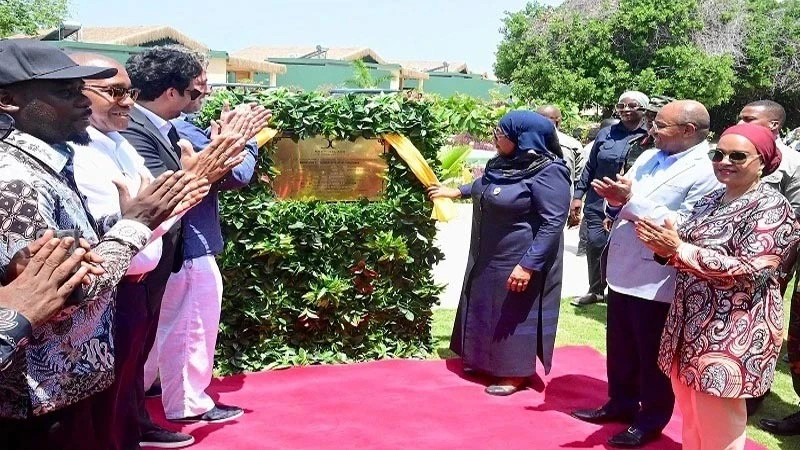
RARELY do the Union and Zanzibar presidents share a platform to address a question that is basically within the context of Zanzibar non-union matters, for instance as regards investing in tourism facilities. Ordinarily, the union authorities are unlikely to be involved in such issues, but it doesn’t seem to have been simply an accident that the two topmost authorities shared that platform, to jointly appeal for prompt take up of projects already applied for and licenses obtained. Some saw in that appeal a sort of ultimatum but it looked more like an ongoing dialogue.
Zanzibar president Dr Hussein Mwinyi set a three-month preliminary observation schedule, so to speak, for already licensed pplans to begin implementing their projects in 15 small islands. The forum was an event to launch a hotel on Bawe islet, one of the leased small islands in the Zanzibar Urban West Region. Yes, the projects need to be implemented within the specified period for the good of the Zanzibar economy, but it is possible there are hidden things that are worth talking about while projects start.
For one thing, private sector representatives did not apparently use that forum to say anything with regard to those investments, which in at least one regard involve construction of a 70 plus storey building, a complex multipurpose centre taking up models from the Gulf Zone. Zanzibar has often expressed the wish to become a trade hub, a tourist hub and even a health tourism capital, a fairly ambitious vision tied to the blue economy agenda. All of this is strictly speaking within its own province in terms of economic initiative, policy as well as regulatory functions, etc.
While the union president may not indeed have been there to stress the risk of losing the license if projects are not rapidly taken up, it is possible there was another view to that occasion, where the presence of Union authorities becomes vital, in the sense of sorting out investment guarantees. This need is also related to the legal framework of resolving disputes if they arise, as usual.
To be sure, there is an applicable framework existing on investment guarantees, but it wasn’t addressed at the meeting. Instead, the concern of the Zanzibar leader was disappointment with project delays, as this has an impact on expectations, especially for those living close to the small islands. This issue could have been the trees that hide the forest, whereas the hotel investor must have received clear reassurances.
The scene was back in 2014 at the wrapping up of the fairly inconclusive constitutional conference though it achieved notable changes that those who seek ‘regime change’ hardly remember to recount. It was a resolution that when the Zanzibar government reaches an agreement for loan or investment that is deemed to be in the national interest, the signature or formal approval of the Union authorities will be obtained automatically. The reason obviously is that the Zanzibar government comes into being in an integral electoral structure involving the Union authorities and thus any pivotal decision automatically binds the Union government as well.
Top Headlines
© 2025 IPPMEDIA.COM. ALL RIGHTS RESERVED







